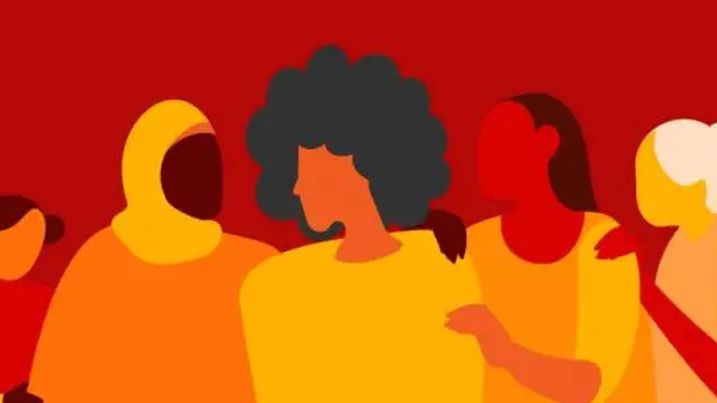Power in storytelling – Day 5


Se(di)ngolwa (t)sa Bibele
2 SAMUELE 11
2 SAMUELE 12
Molaetsa wa Nathane ho Davida
Kotlo ya Davida
Davida o a inyatsa
1. This is a lectionary reading and after the reading we will be prompted to say “Thanks be to God”. In your view, what is it we could or should be thankful for in this reading?
2. The lectionary reading ends rather abruptly in the middle of verse 13. When you include the rest of verse 13 and verse 14, what concerns might this text raise in your context today?
3. What do you know about the characters, named and unnamed, in this text?
4. David is to be punished because he had done something that “displeased the Lord” when he “took” Uriah’s wife and then had him killed (2 Sam 11:2-17). Part of God’s punishment is: “Before your very eyes I will take your wives and give them to one who is close to you, and he will lie with your wives in broad daylight (2 Sam 12:11-12). What are your thoughts about the way women are (ab)used in this text?
5. Notwithstanding the dis-ease that present-day readers might feel when reflecting on the way women are treated in the text, the lesson David learns from the story Nathan tells him is that, exploiting the poor and vulnerable and taking advantage of those whom you have power over and are expected to care for, are wrong and offensive (1 Sam 11:26-12:7). In what way can this lesson be extended in your context to bring men who abuse their positions of power to exploit and manipulate those who trust and ‘look up’ to them?

